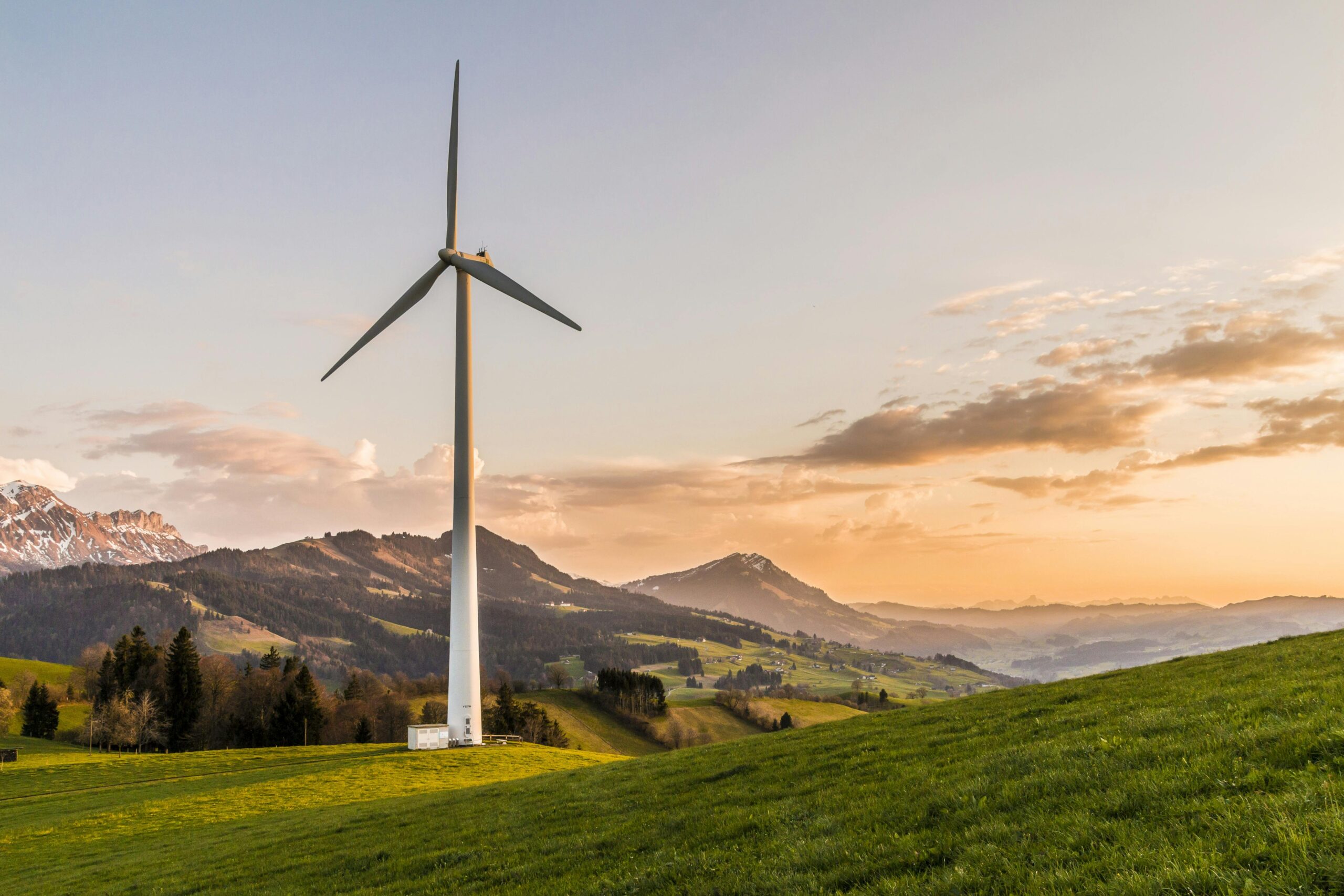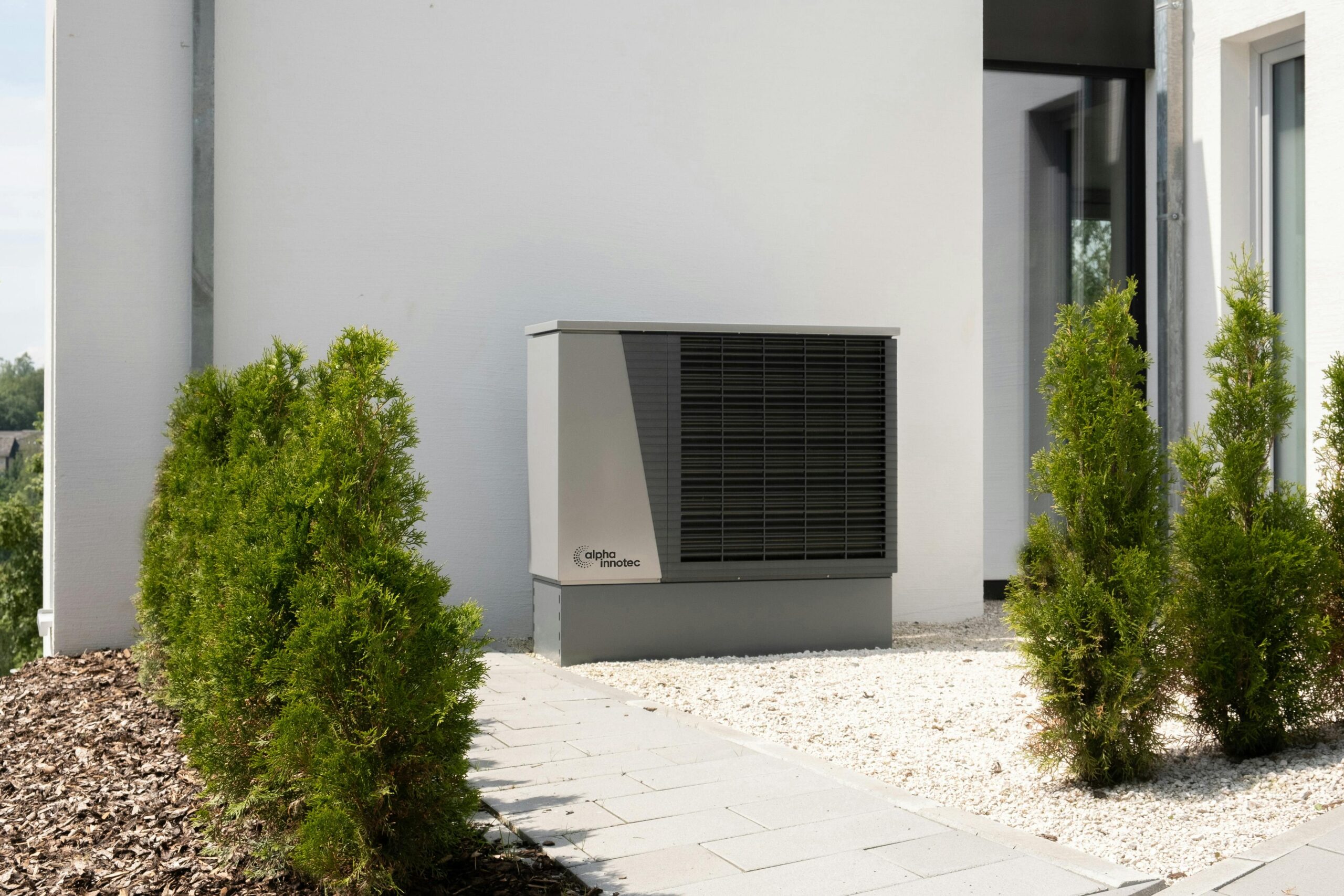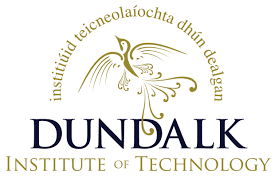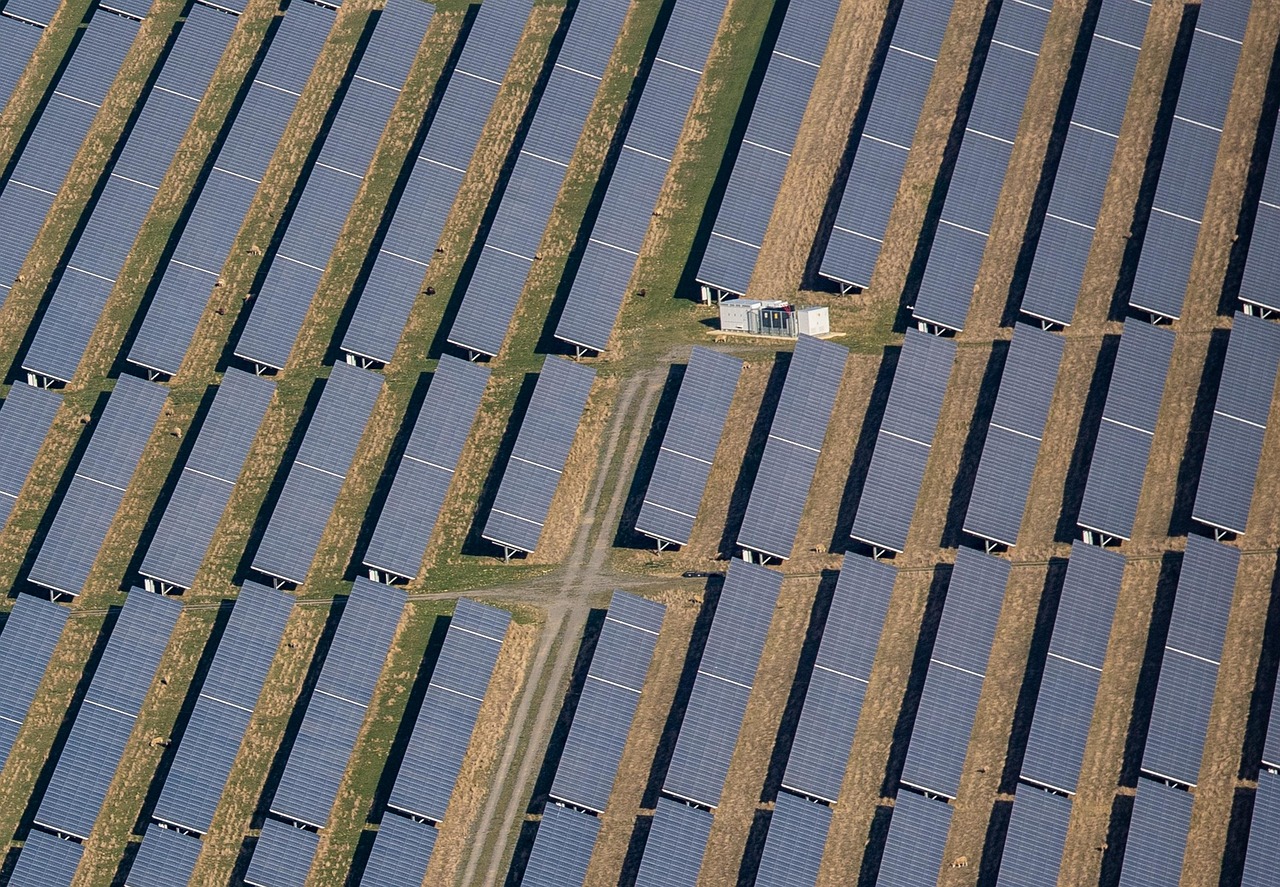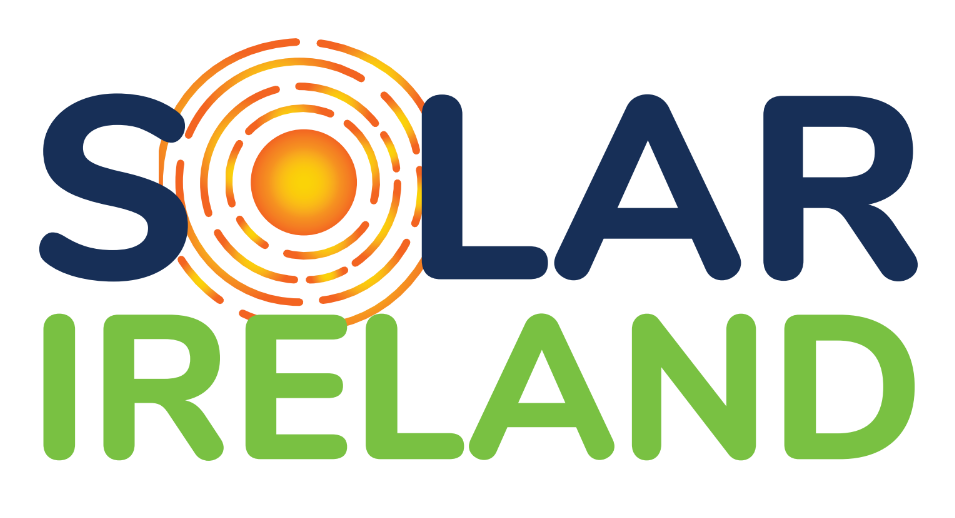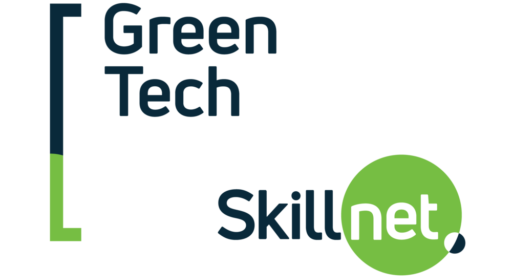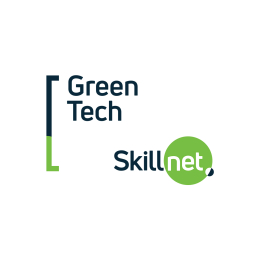
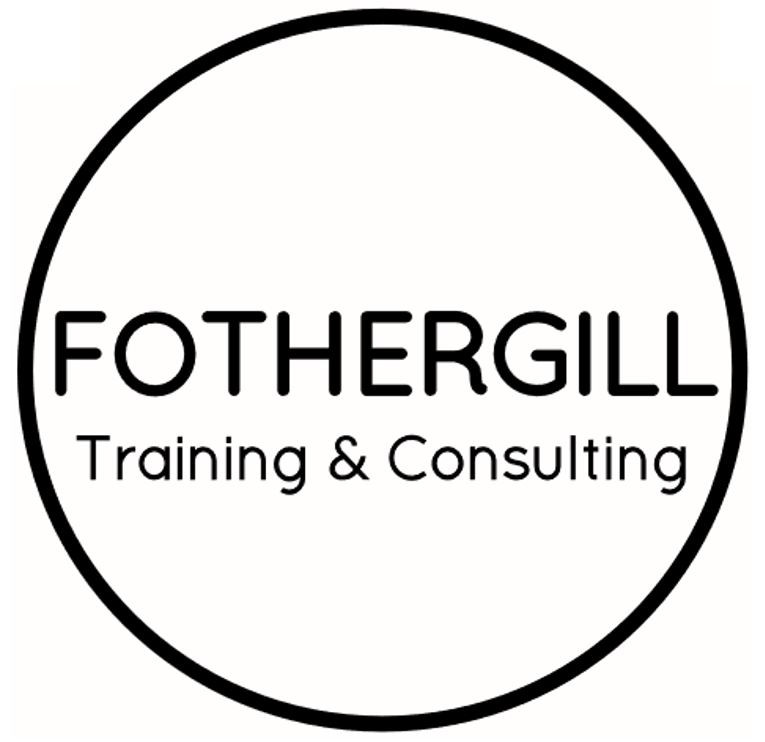
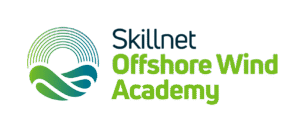
The second of GTS and SOWA’s webinars exploring Environmental Impact Assessment (EIA) as required in consenting Irish renewable energy projects will focus on how to establish a proportionate approach to the assessment process.
The webinar will be presented by Josh Fothergill FIEMA CEnv and Jo Wotton MISEP CEnv and will cover the following,
- Understanding what proportionate EIA means and its benefits
- Looking at the core role significance plays across the EIA process
- Considering how to improve EIA effectiveness through scoping
- Live Q&A on your EIA Questions
- The presenters will provide a mix of concepts, good practice and real world progress – based on Scotland’s onshore wind sector – to ensure the webinar’s topic resonates with real world EIA practice.
Future webinars in this series will explore EIA and Cumulative Effects (January 2026) and EIA & Case Law (April 2026).
Those attending will improve their understanding of:
- what is meant by proportionate EIA and the benefits it can offer
- the core role significance plays across the whole EIA process
- how to improve EIA effectiveness through better scoping
This is the second webinar in the GTS and Skillnet Offshore Wind Academy (SOWA) series on Environmental Impact Assessment (EIA) for Irish renewable energy projects.
Led by Josh Fothergill FIEMA CEnv, the session will explore how to adopt a proportionate approach to EIA, focusing on:
– What proportionate EIA means and its advantages
– The central role of significance in the EIA process
– Enhancing EIA effectiveness through better scoping
– Live Q&A session to address your EIA questions
Upcoming webinars in the series:
– January 2026: EIA & Cumulative Effects
– April 2026: EIA, Challenge & Case Law
As with the rest of the series the webinar will open with a brief explanation of Green Tech Skillnet and Skillnet Offshore Wind Academy interest in improving EIA effectiveness by addressing skills gaps for the Irish renewable sector.
The webinar’s main content will be delivered by Josh Fothergill (Founder of Fothergill Training & Consulting Ltd) and Jo Wotton (Associate Director of Environmental Planning at LUC) and begin by explaining what proportionate EIA is and why it is not limited to simply producing a shorter EIA Report. Following this introduction the webinar will consider two key elements that occur far before report writing begins an yet are essential for the delivery of effective EIA practice and ultimately a more proportionate EIA Report.
The first area of consideration will be the critical and on-going element of effectively scoping an EIA, Josh will compare what is set out in the Regulations with what is commonly found in good practice approaches, with Jo providing real world case examples of the benefits of effective EIA scoping. After this the webinar will move on to the role that significance plays throughout the EIA process in helping guide and focus our assessments toward a more proportionate approach. Again Josh will explain concepts and good practice with Jo presenting practical progress, notably Scottish learning from the new proportionate EIA guidance from Scottish Renewables. In both elements – scoping and significance – the presenters will offer tips and advice linked to the webinar’s overall focus – how do we use these two elements of practice to establish a more proportionate approach to EIA in the renewables sector.
Following the main presentation the session will be opened up to a live Q&A with the audience, with questions submitted via the live chat function and asked by the GTS-SOWA webinar Chair.
This webinar is designed for:
– Professionals working in or entering the renewable energy sector
– Individuals involved in EIA or environmental planning
– Anyone interested in contributing to Ireland’s environmental and renewable energy goals
Josh Fothergill
Founder & Director – Fothergill Training & Consulting Ltd
Josh Fothergill
Founder & Director – Fothergill Training & Consulting Ltd
Josh is a leading expert in EIA, having chaired Ireland’s first EIA Conference in March 2025.
A number of his other career highlights include leading Scotland’s EIA Conference since 2017, creating the UK’s EIA Quality Mark in 2011, authoring the Proportionate EIA Strategy (2017) and leading international reviews of: Digital IA (2021), EIA professional recognition (2019) and linking the circular economy (2021) to environmental assessment practice. Josh founded Fothergill Training & Consulting in 2017, specializing in enhancing the effectiveness of environmental assessment through capacity building, intelligent client roles and advisory reviews. He has trained over 1500 professionals in EIA, including teams in FuturEnergy Ireland and SSE Renewables.
Jo Wotton, Associate Director – LUC
Jo is an Associate Director of Environmental Planning at LUC with over 15 years of professional experience across the private and public sectors, including project management of numerous complex EIA projects involving large multi-disciplinary teams, from feasibility through to discharge of planning conditions. Jo has managed several EIAs for onshore wind farms and energy transmission projects across Scotland and is currently leading the Onshore Wind Sector Deal (OWSD) Environmental Impact Assessment (EIA) ‘Task and Finish Group’ in collaboration with Ramboll.

